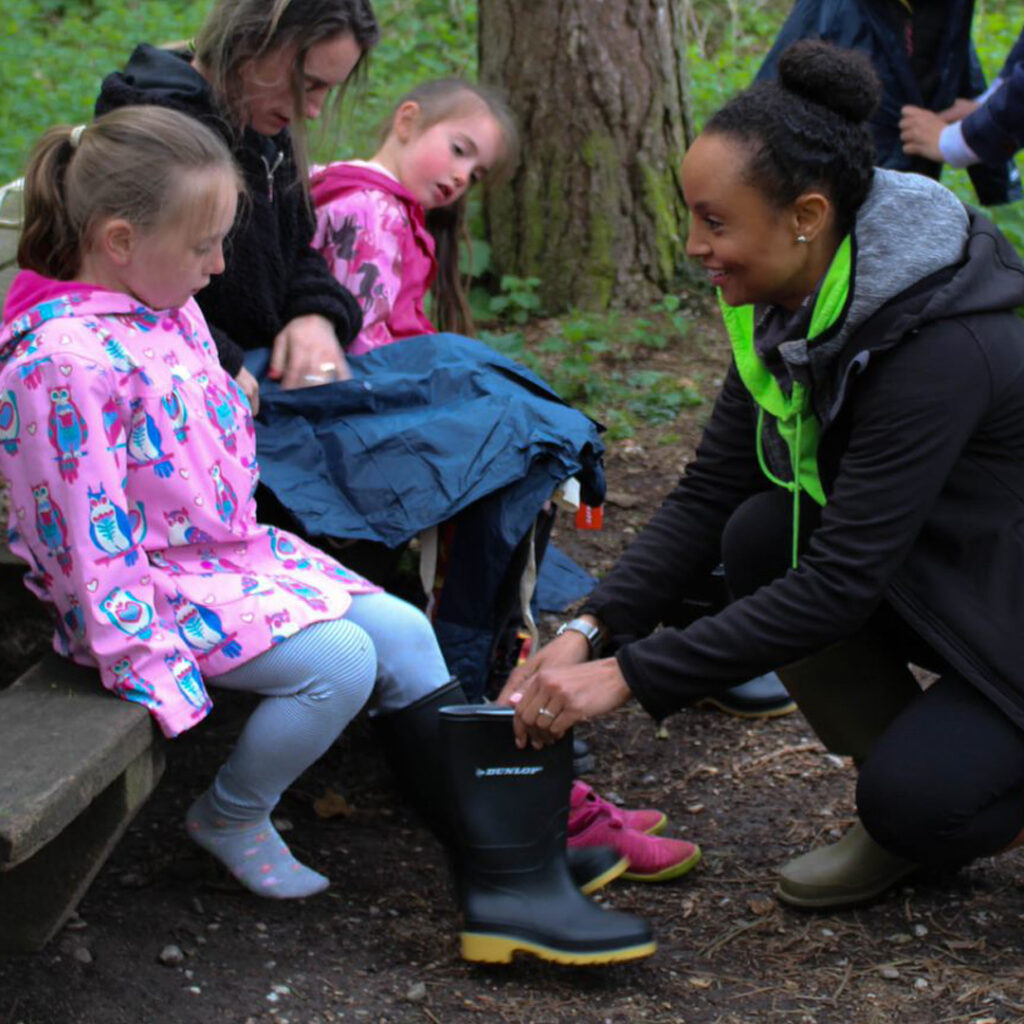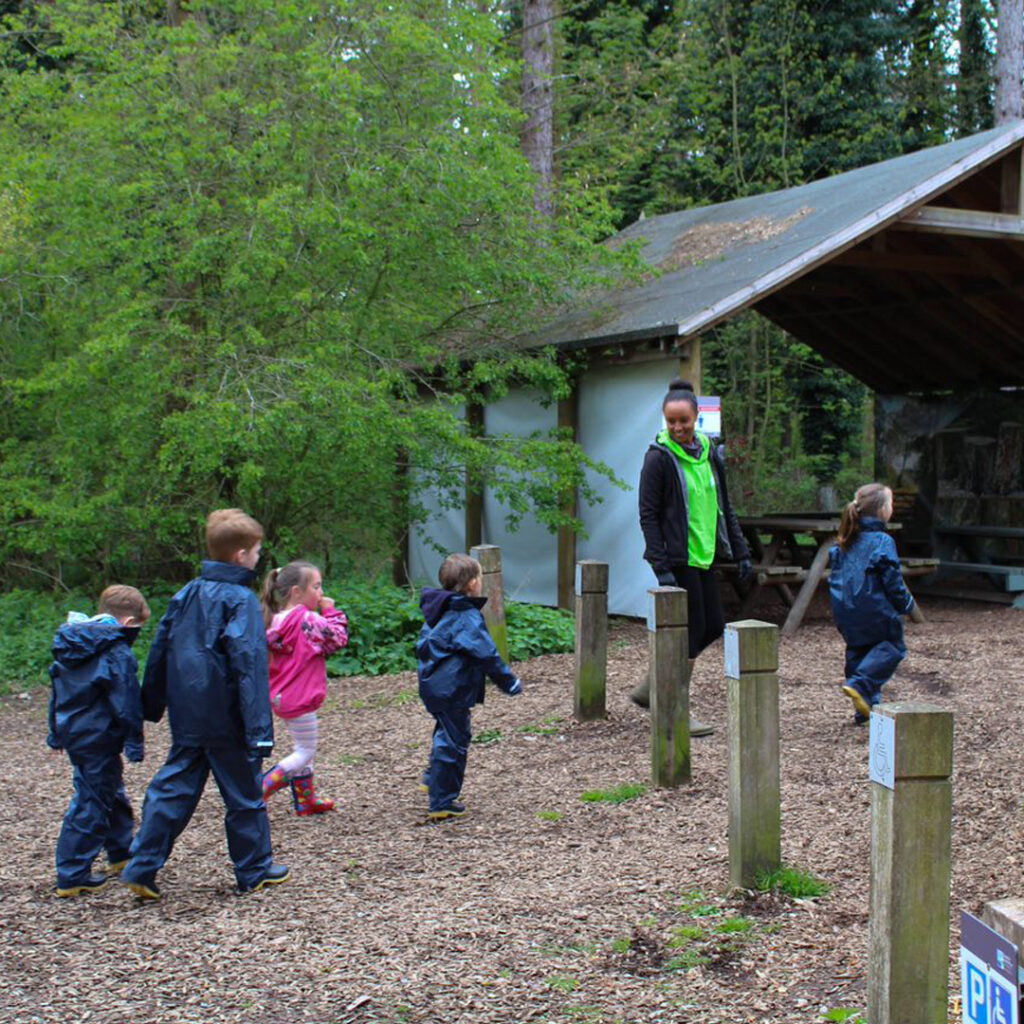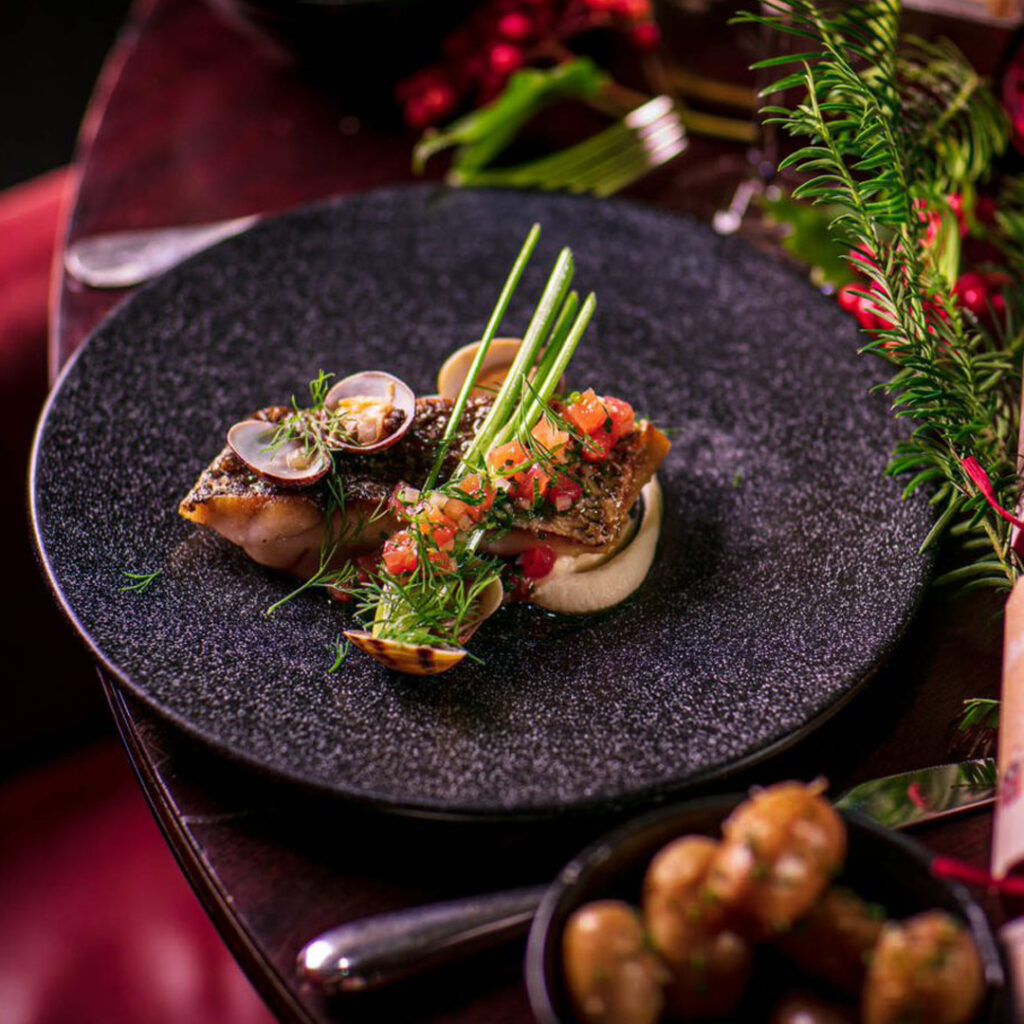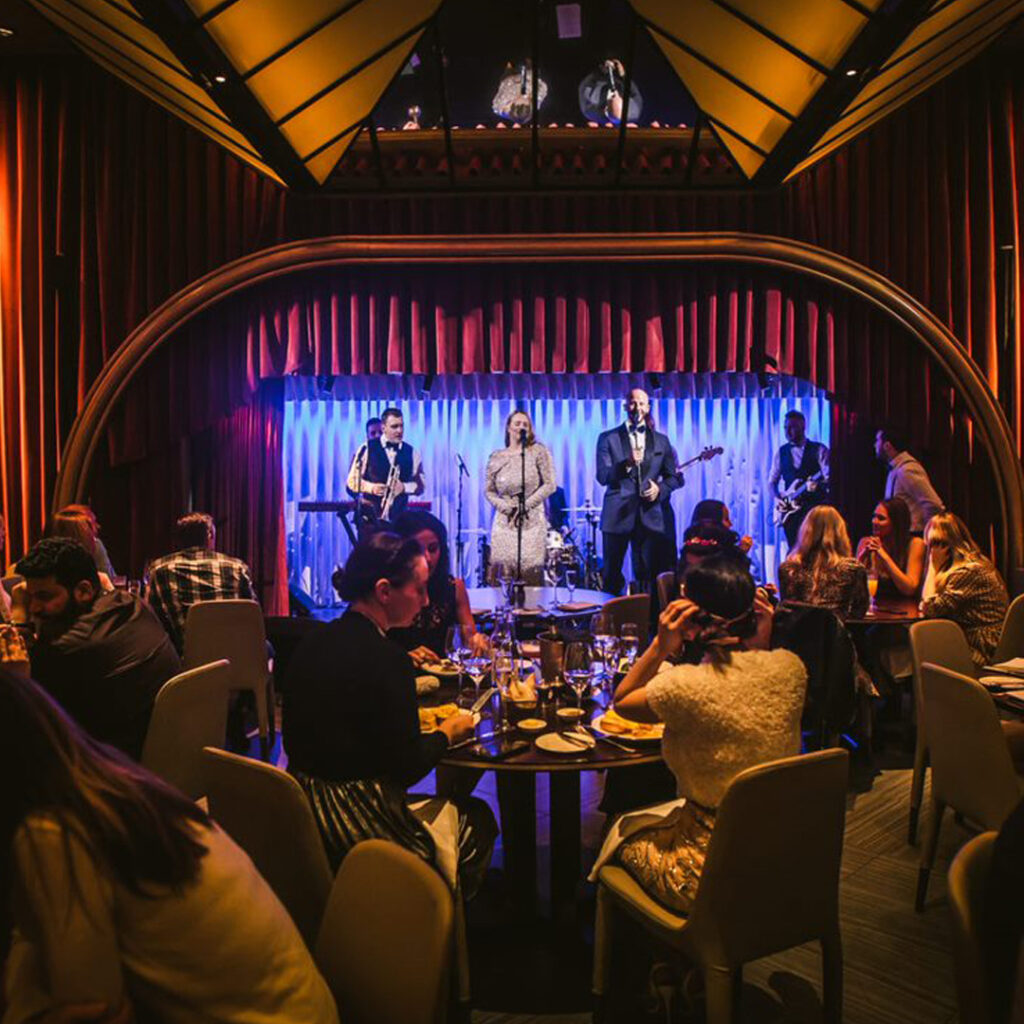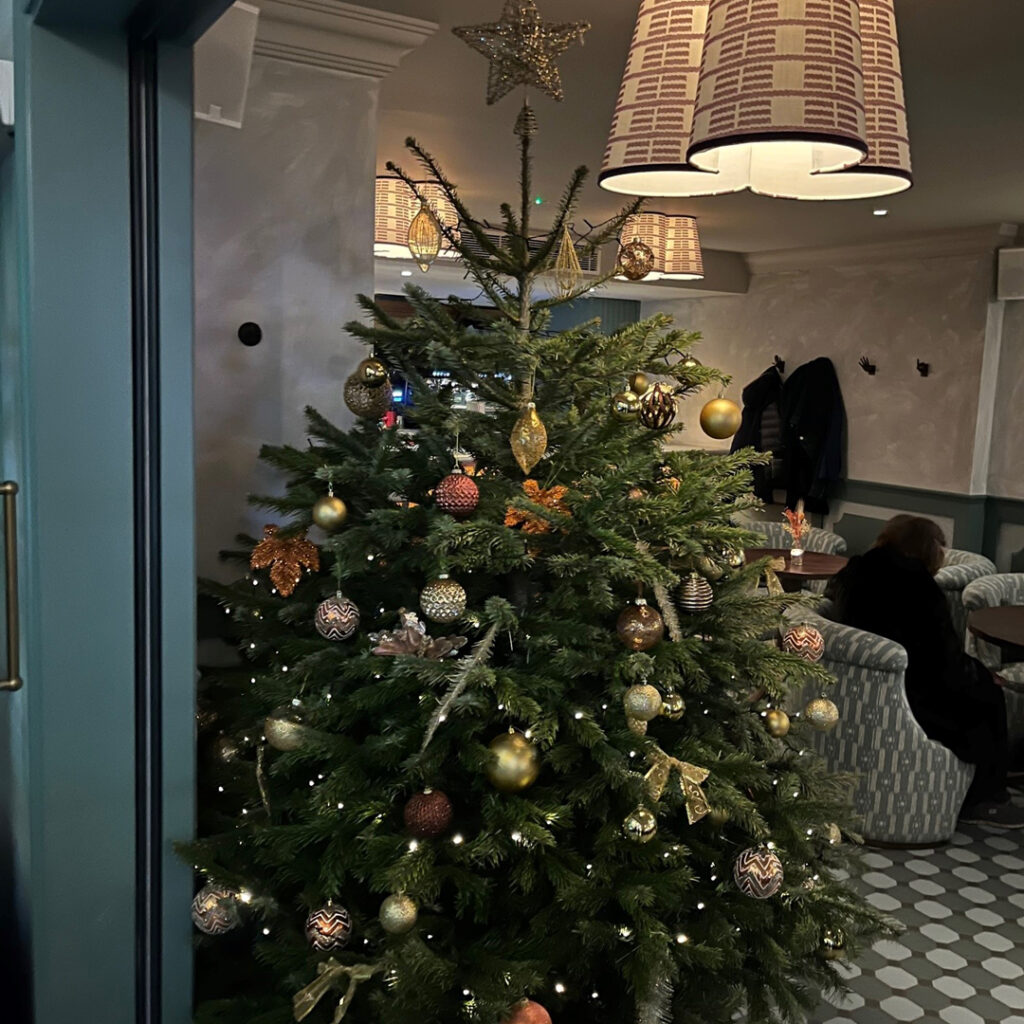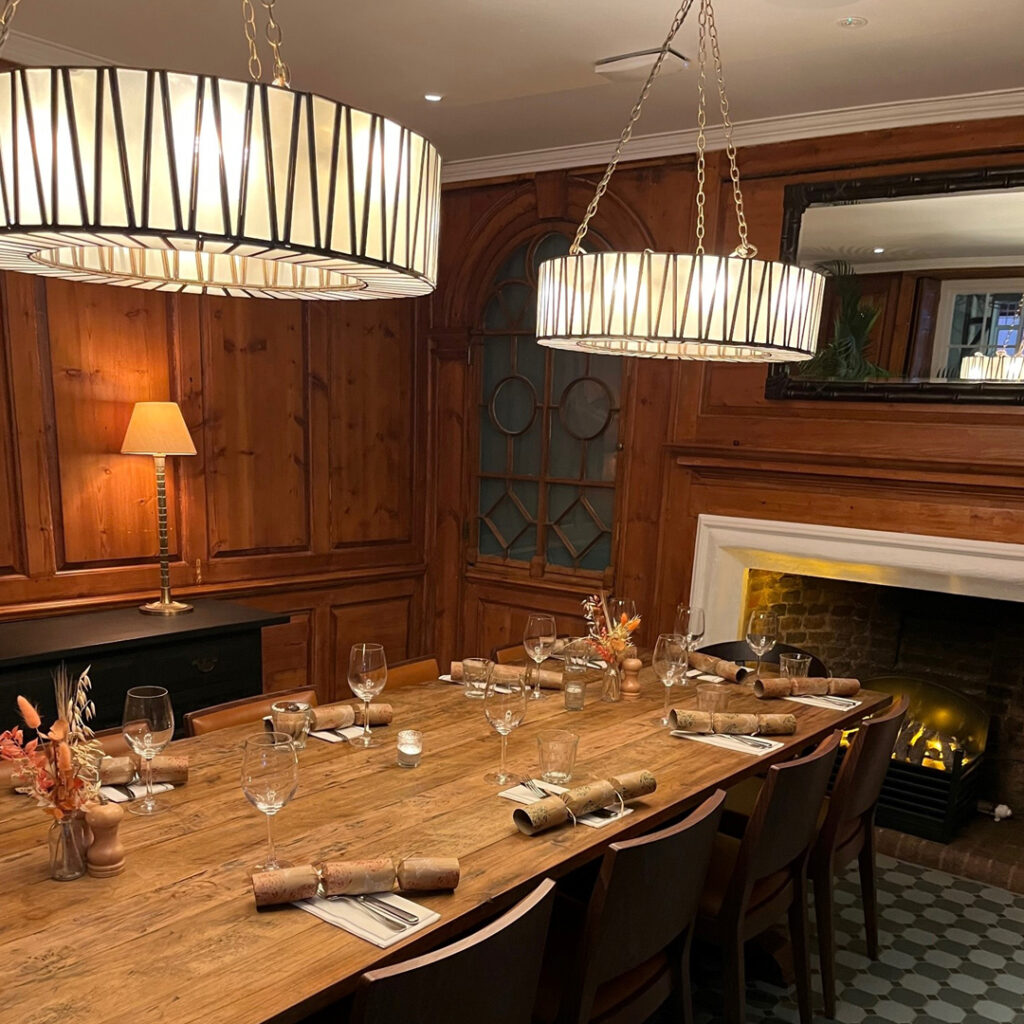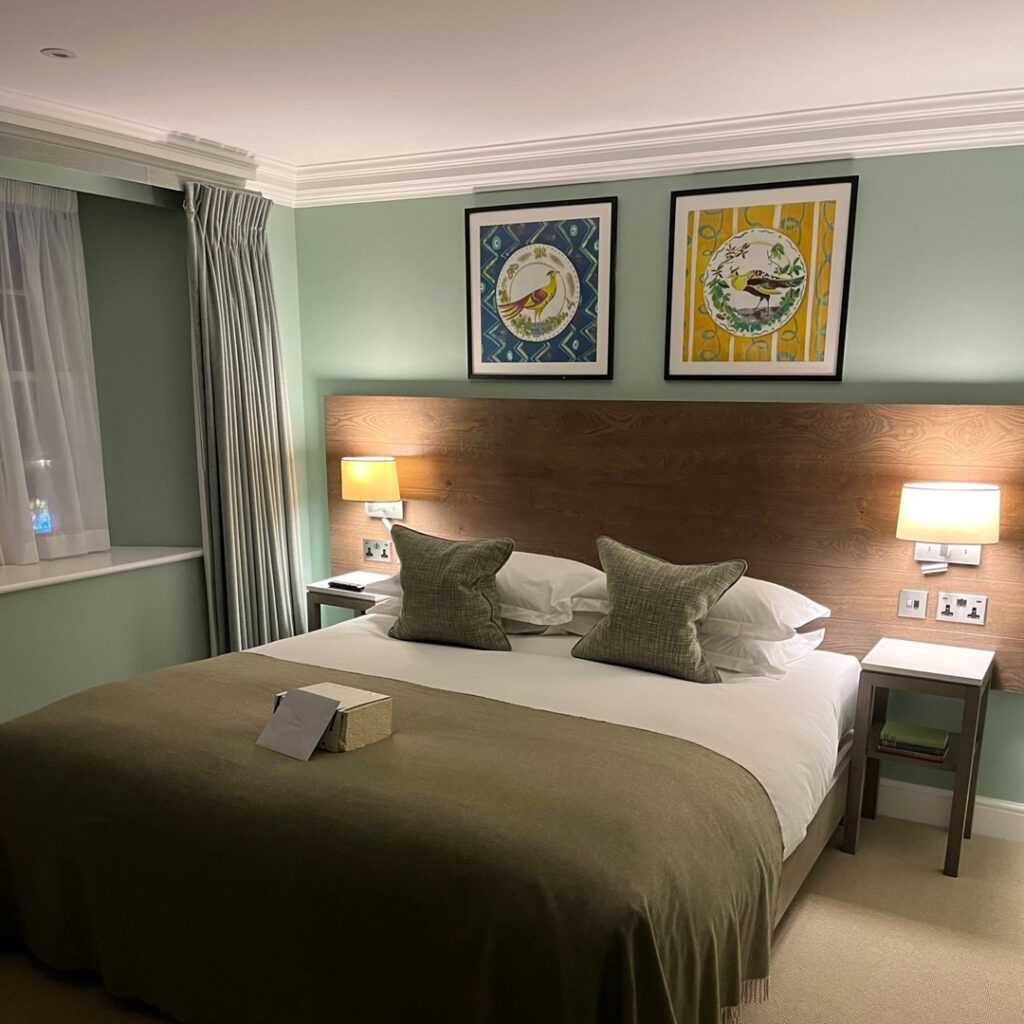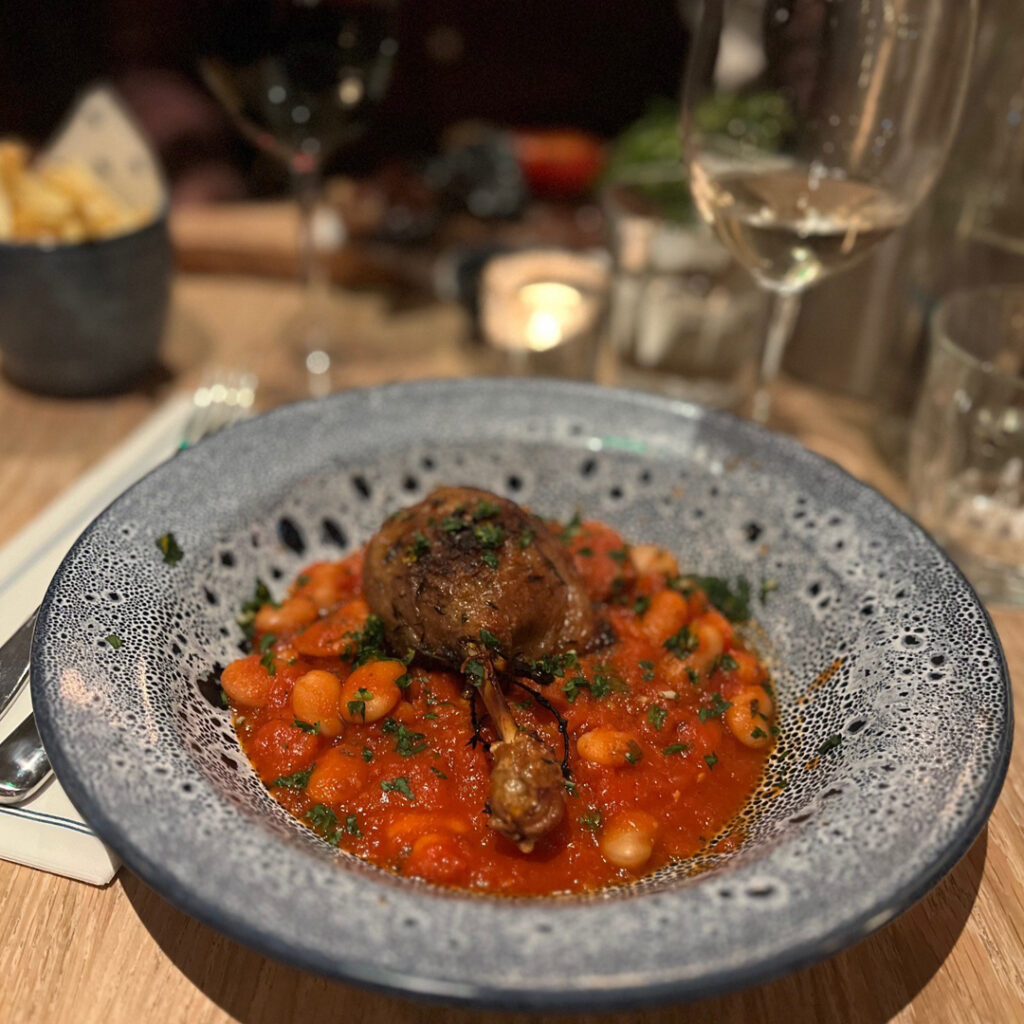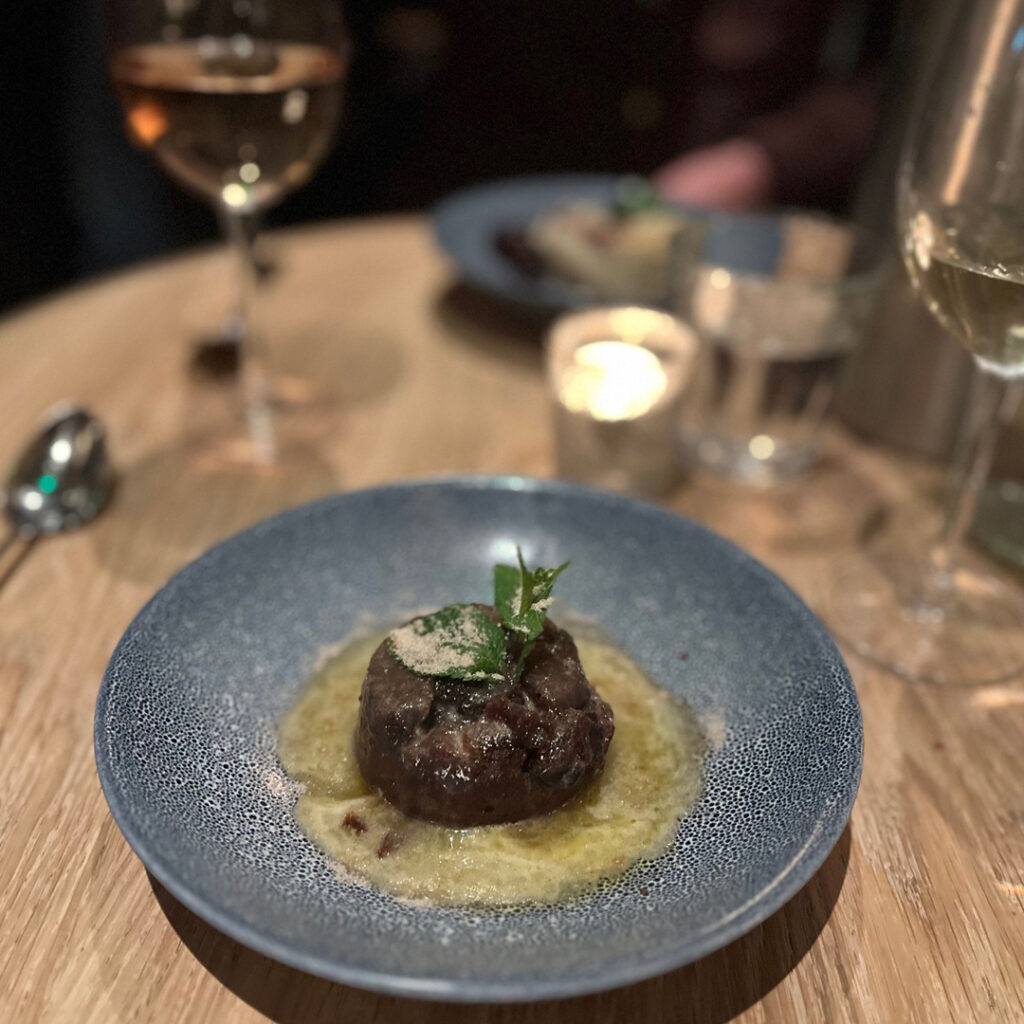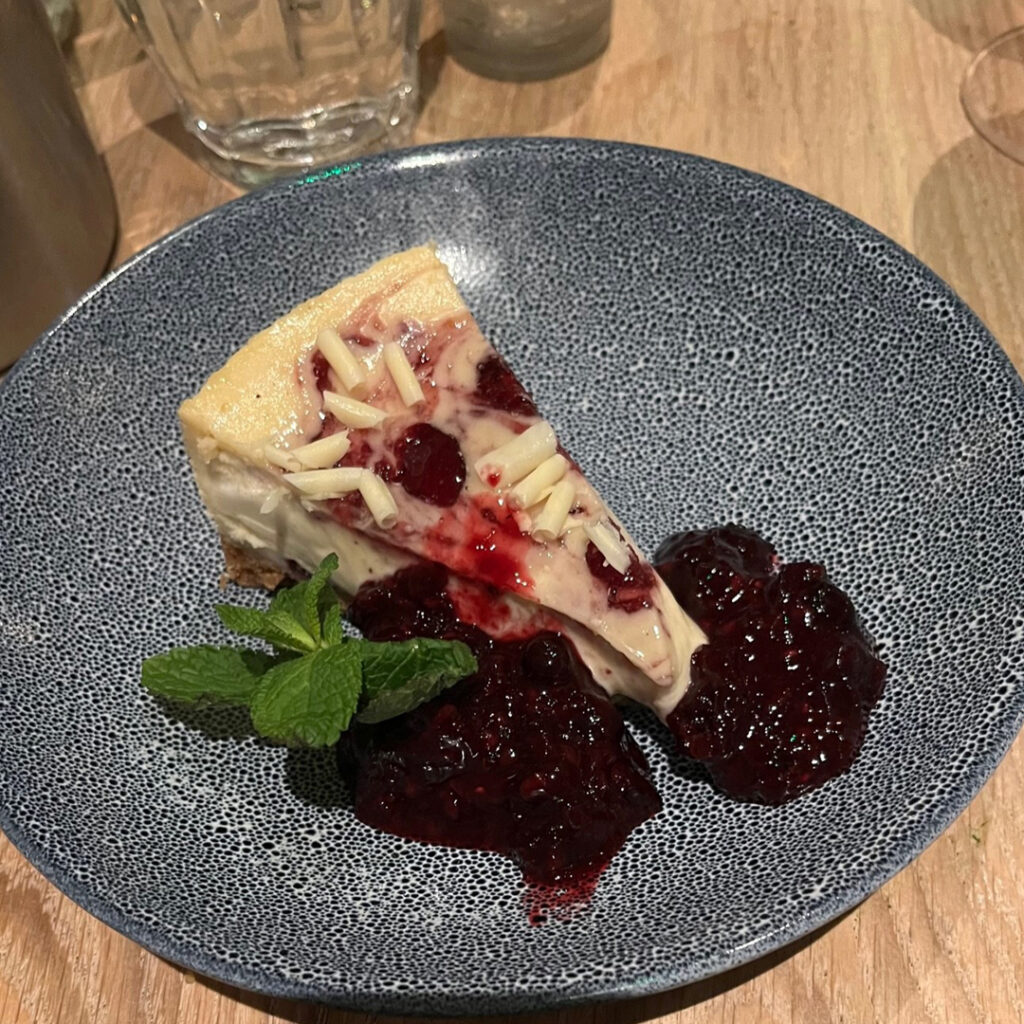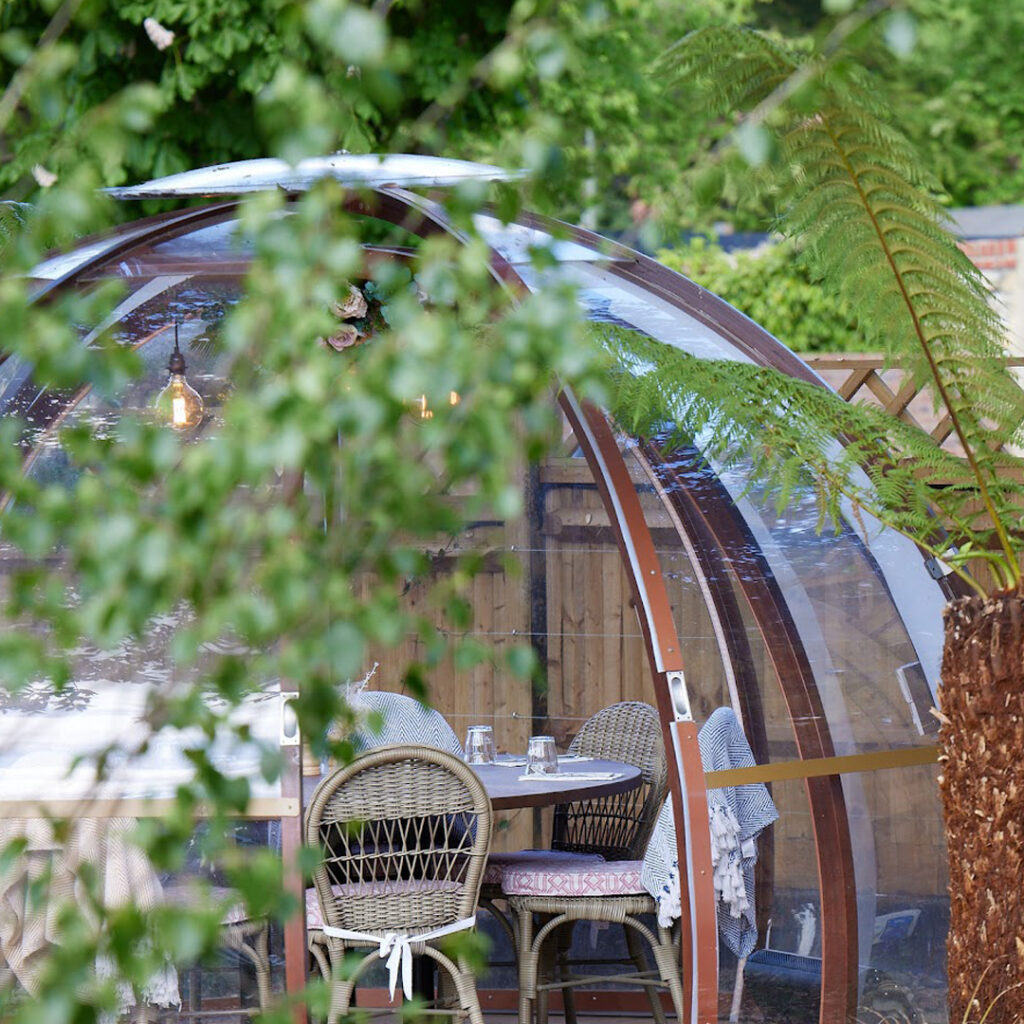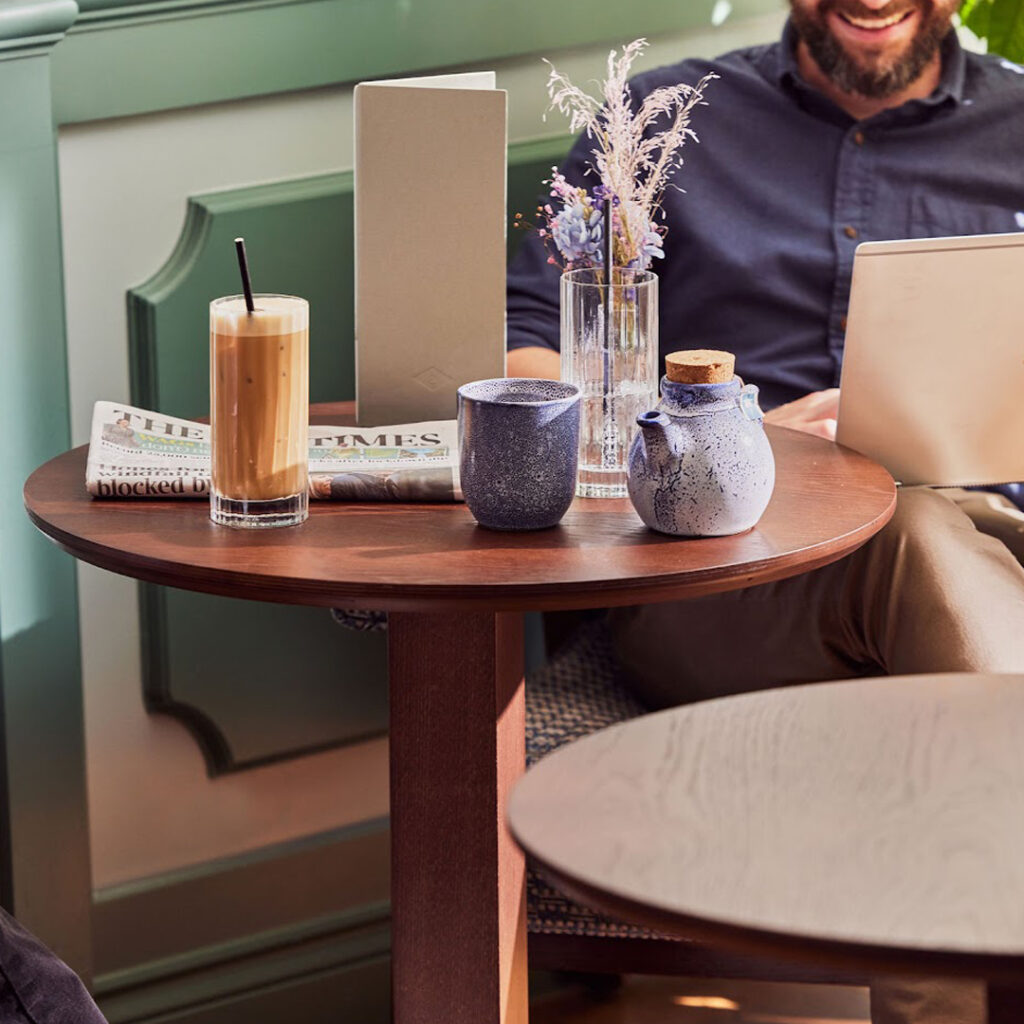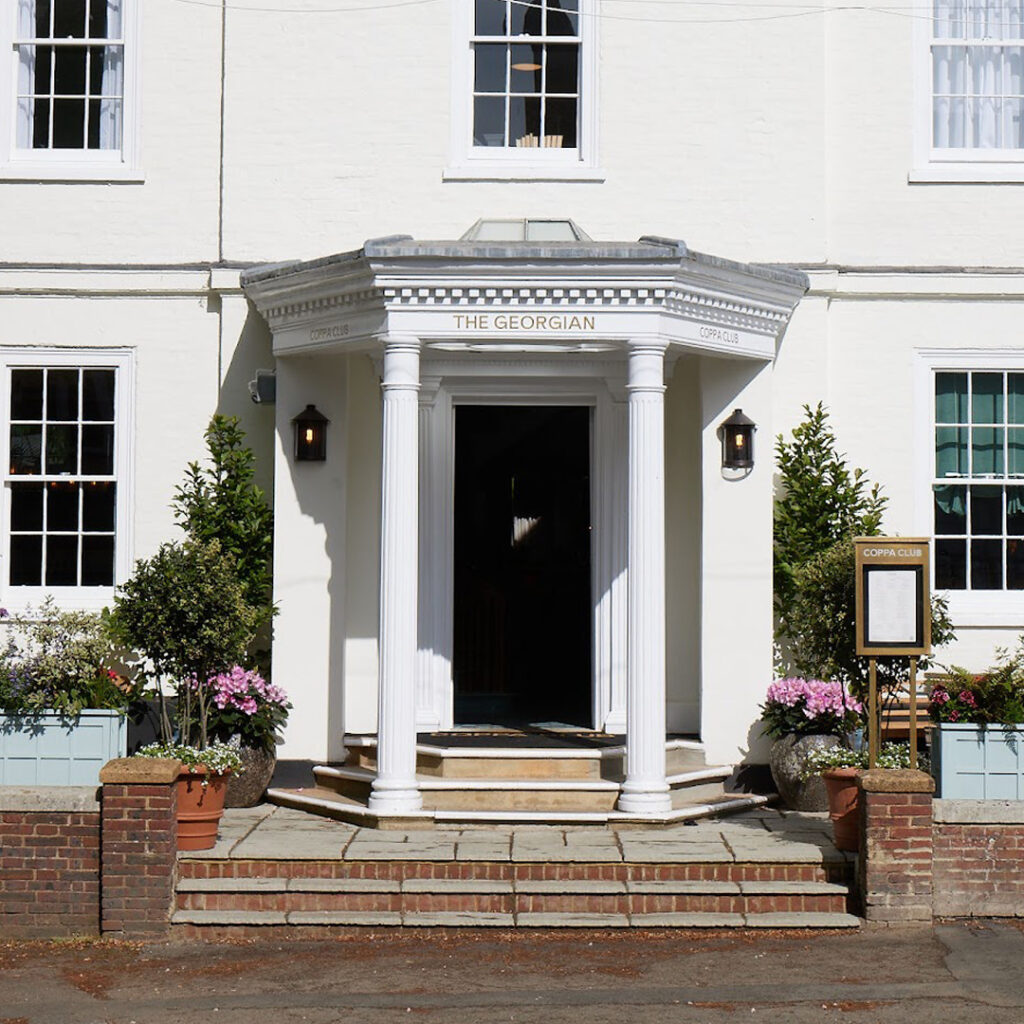Our wine columnist Giles Luckett is on a mission to raise January spirits with these wizard (wines) of Aus!
Hello, and a belated Happy New Year.
While for many people January can be a trying month, for the wine trade it’s a time of excitement and discovery. With the Christmas rush a distant memory and stocks as low as many people’s moods on Blue January, this quiet sales month gives wine professionals the chance to get out and taste. While tasting invitations are already piling up like pizza leaflets, there’s one that’s a big red-letter day in my calendar: 24th January and the Australia Trade Tasting.
I’m part of the generation of wine lovers who got to know wine thanks to Australia. In the late 1980s they exploded onto the scene, offering big, bold, fruit-bomb wines that were about as reserved as an Aussie backpacker in an Earl’s Court pub at closing time. They were a revelation. Affordable and accessible, they offered budding wine students the chance to get to grips with a range of grapes and styles.
Fast forward 30 years and Australian wines have matured and now boast a raft of examples that are fit to rank with the world’s best. Wines such as Penfolds’ Grange Hermitage and Bin 707, Henshke’s Hill Of Grace and Mount Edelstone, Leeuwin’s Art Series, and Wynn’s Michael Shiraz should be on every fine wine lover’s tasting wish list. And beyond these super stars there remain hundreds of exceptional wines that encapsulate Australian wines’ founding principles of individuality, brilliance and value. So, here are some suggestions for alleviating the January gloom with a taste of Australian wine excellence.
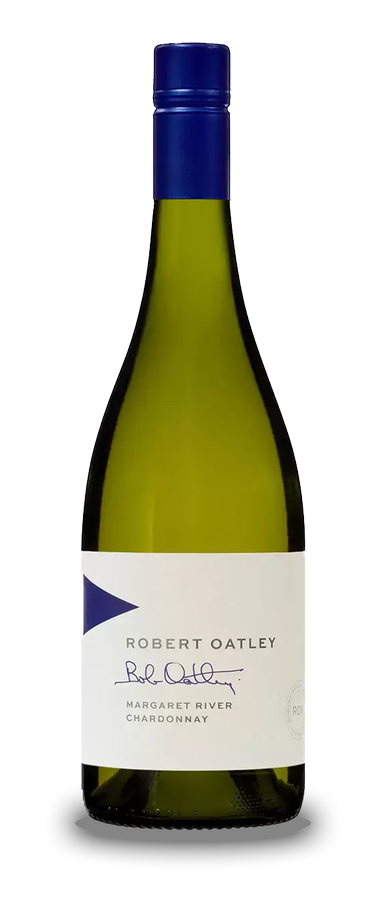
My first recommendation is the Robert Oatley Signature Series Chardonnay (The Co-Op £11.50) Oatley produce wines in various parts of Australia with the emphasis being on producing ones that have a “taste of place”. Modern in origin and outlook – the winery was founded in 2006 – the Signature Series Chardonnay is a fine wine at an affordable price. Pale green gold, the use of oak is well-judged and the nose is focused on fruit and floral tones. In the mouth there’s an immediate freshness and lift from apple, white peach and melon tones, before richer, fatter vanilla and honey comes through. The whole thing is rounded off with crisp acidity and touch of savoury minerals. Sophisticated is the word that leaps to mind, this is a far cry from the ‘bottled sunshine’ Chardonnays of old.
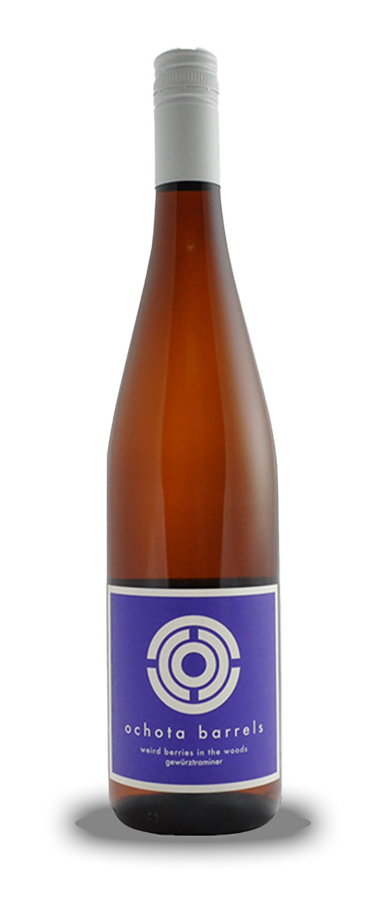
Next up is a wine that’s as leftfield as its much-missed creator, Taras Ochota. I had the pleasure of meeting Taras in London and his home in the Adelaide Hills before his untimely death at the age of 49. He was a maverick, a devout punk – wines such as Fugazi and In the Trees are named after bands and songs he loved – and one of the most talented winemakers of Australia’s modern era. Ochota Barrels Weird Berries in the Woods (Indigo Wines) Gewurztraminer is, for me, his best white.
I’ll be honest, usually Gewurztraminer isn’t my cup of tea. I find the combination of lychees, black pepper, sickly lavender honey, and tinned peaches about as lovely as it sounds. Taras, however, managed to tame these wild elements to produce a dry, elegant, complex wine that flows with oriental fruits with hints of spice and add a dryness, and a cleansing acidity that make for a memorable glassful.
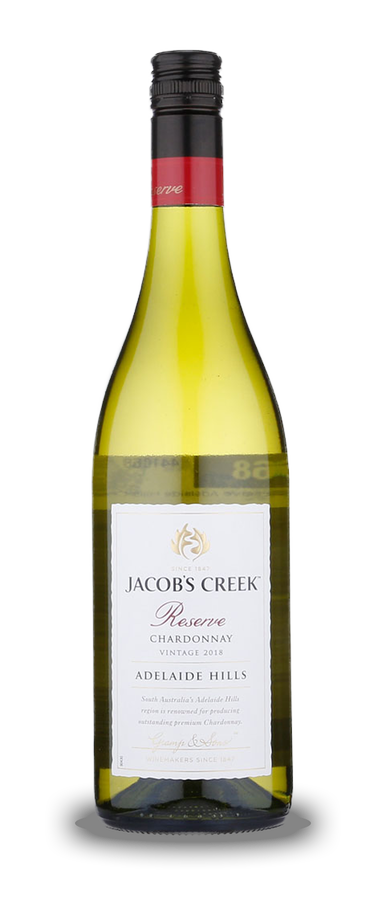
Jacob’s Creek were one of the first brands to make it big in the UK wine market. Their wines have always been good value make for a great buy when popping into a corner shop for a last-minute bottle. Their Reserve Adelaide Hills Chardonnay (£6, Amazon) is on another level though. Adelaide Hills is a cool climate region that’s making some of the most exciting wines in Australia. This fantastically well-priced wine offers a smoky, crisp, elegant example of Chardonnay. Peaches, pears, stonefruit, and a touch of grapefruit make for joyful drinking.
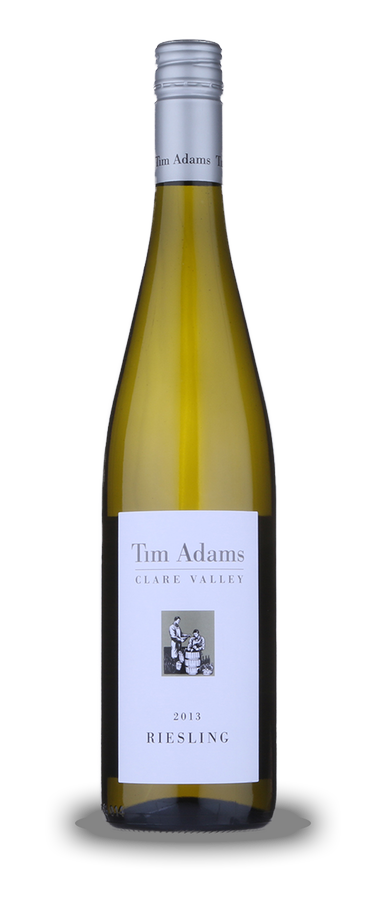
I’ll leave the whites with a Riesling. Australia is rightly proud of its dry Rieslings, with examples from the Clare or Eden Valley being as good as the finest French and German efforts. One I’ve always liked is the Tim Adams Riesling (Tesco £10). This Eden Valley wine offers an intense nose of limes, grapes, and citrus mingled with apple blossom. In the mouth its precise, clean, and poised, with a lovely combination of white berries, green apple, pear and citrus fruit, with minerals on the long, dry finish.
Australia arguably offers the most consistent and consistently good value reds in the world. From entry level wines such as Koonuga Hill Shiraz-Cabernet (Waitrose £7.99) to the likes of the mighty Hill of Grace (£250 Berry Brothers & Rudd), Australia has it all. I’m going to start my red recommendations with a pair of Cabernet Sauvignons from revered producer Wynns.
Wynns’ wines are classically styled and are made to reflect the vineyards from which they are made. Founded in 1891, their years of experience shines through their wines which are always beautifully crafted and offer an exceptional drinking experience at all levels.
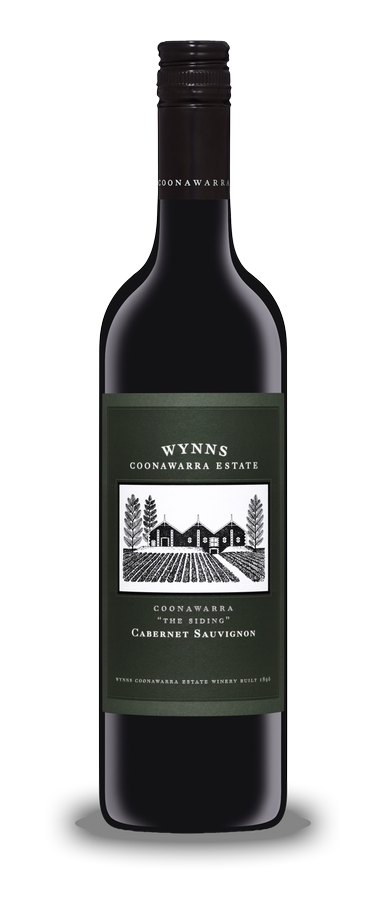
My first wine is The Siding Cabernet Sauvignon (Tesco £15). This is produced in the Coonawarra region which is famed for its iron-rich terra rossa soils. This soil gives wines minerality and an extra level of complexity and depth, something Wynns have taken full advantage of. The Siding offers fresh, intense notes of blackcurrants, mint, mulberries and raspberries on the nose, while in the mouth fleshier notes of black cherries, roasted meat, plums and dried herbs come through. Medium-bodied but with powerful intensity, this is one for the hearty winter dishes.
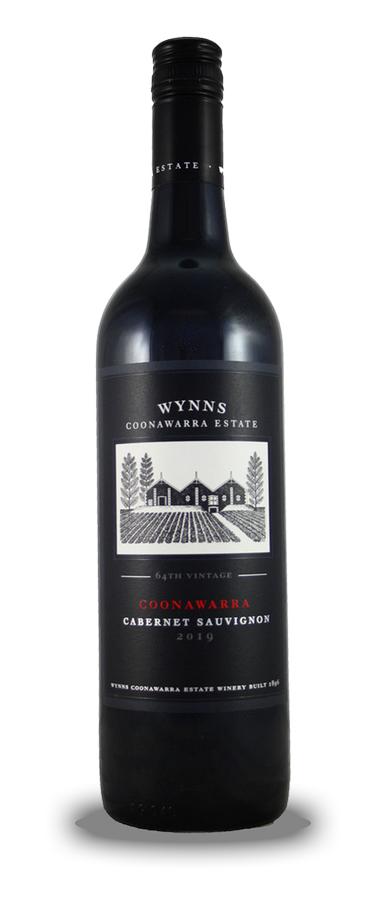
Providing a fascinating contrast we have the Wynns Black Label Cabernet Sauvignon 2019 (Majestic £25). Same grape, same producer, very different results. This is Aussie Cabernet showing its elegant, nuanced side. While the characteristic blackcurrants, mint and cherries are present, there’s also plums, earthy spices, these are all low-key, seamlessly integrated and nuanced. This is a fine wine that deserves respect. If you’re drinking it this year, I’d decant it or at least give it several hours open and serve it with fine red meats or baked cheeses.
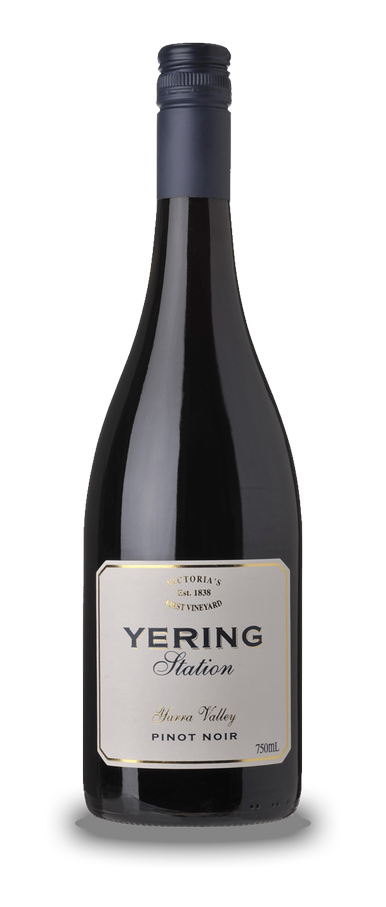
Good Australian Pinot Noir was once a rarity. This notoriously fickle vine was once ‘a nice idea’ as one Australian producer caustically described Australian Merlot. These days great examples abound, and one of my favourites is the Yering Station (Waitrose £12.99). Based in the cool Yarra Valley in Victoria, Yering Station has established a reputation as one of Australia’s leading Pinot producers. The 2016 has a fragrant nose of plums, raspberries, with highlights of flowers and spices. In the mouth this gentle, medium bodied wine gradually reveals layer upon layer of black fruit flavours intermingled with creamy oak and touch of jamminess to the finish. This has to be one of the best value Pinots on the market, and it well-worth seeking out.
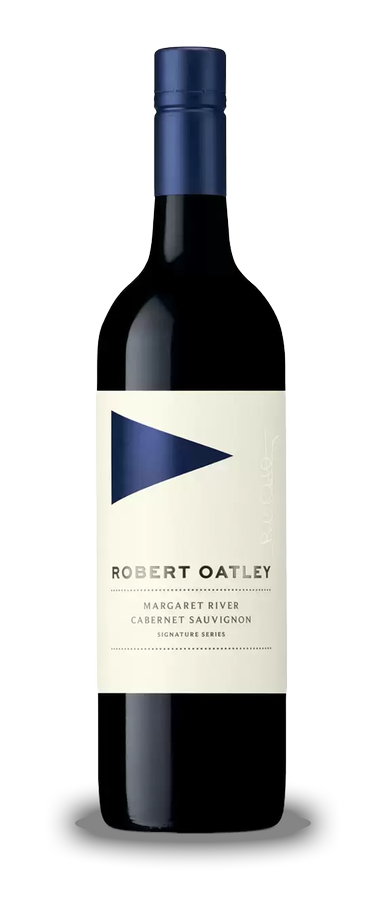
My last red is another Cabernet and another wine from Western Australia, the Robert Oatley “Signature” Cabernet Sauvignon 2019 (Taurus Wines £13.99). This is Cabernet in the Bordeaux mould. The benign climate and exceptional soils of Margaret River give us a Cabernet whose emphasis is on elegance and complexity rather than power and drama. Deeply coloured, the nose is a quiet riot of fresh blackcurrants, eucalyptus, black cherries, spices, and smoke. The silken palate is packed with fruit, but everything is sedate, unhurried and poised. Like a great Bordeaux, it deserves time and fine food to appreciate its charms.
“I was lucky enough to spend some time in Tasmania on my last trip to Australia”
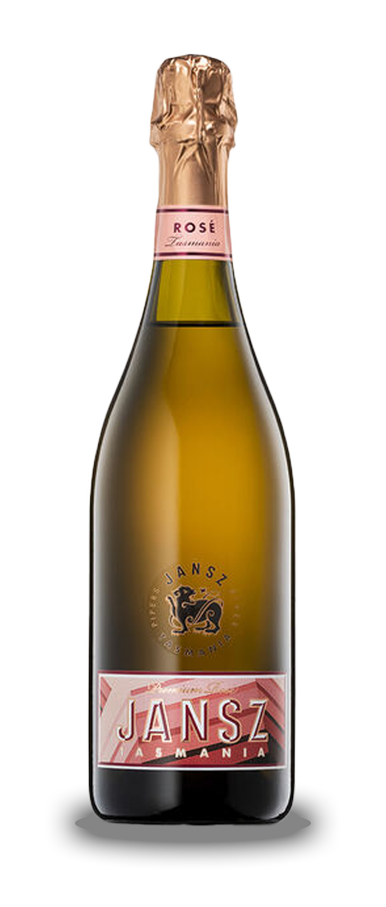
And finally, a fizz. Well, I couldn’t write a column and not mention at least one sparkling wine, could I? I was lucky enough to spend some time in Tasmania on my last trip to Australia, a region that is probably the most exciting in Aus. Cool, damp, and undulating, it’s ideal for sparkling wine production and Jansz Rosé (Fenwicks £15.99) is a fantastic wine. Pretty in pink colour, the vibrant red berry and yeast nose is followed by a fresh, tangy palate that leads with raspberries and strawberries, before darker, richer notes of dried cherry, rhubarb, and yeast come through.
Right, all this writing and meandering down wine memory lane had given me quite a thirst so it’s on to the practical for me – well, I need to have my palate in shape for the trade tasting, don’t I?
Next time out I’ll look at some reds that will banish those winter blues.
More soon…








